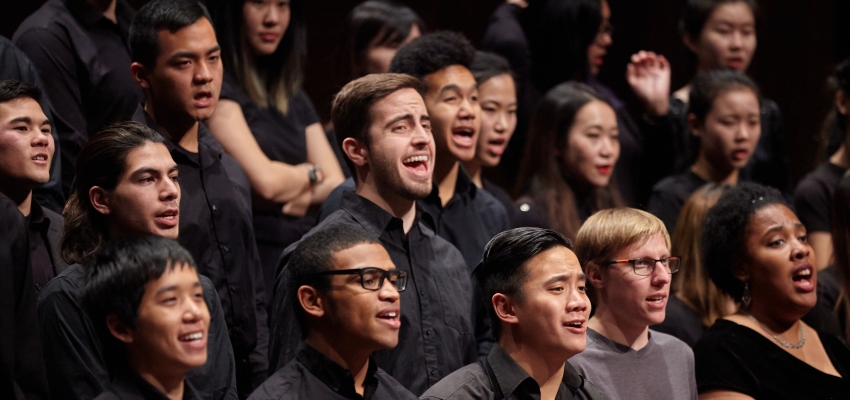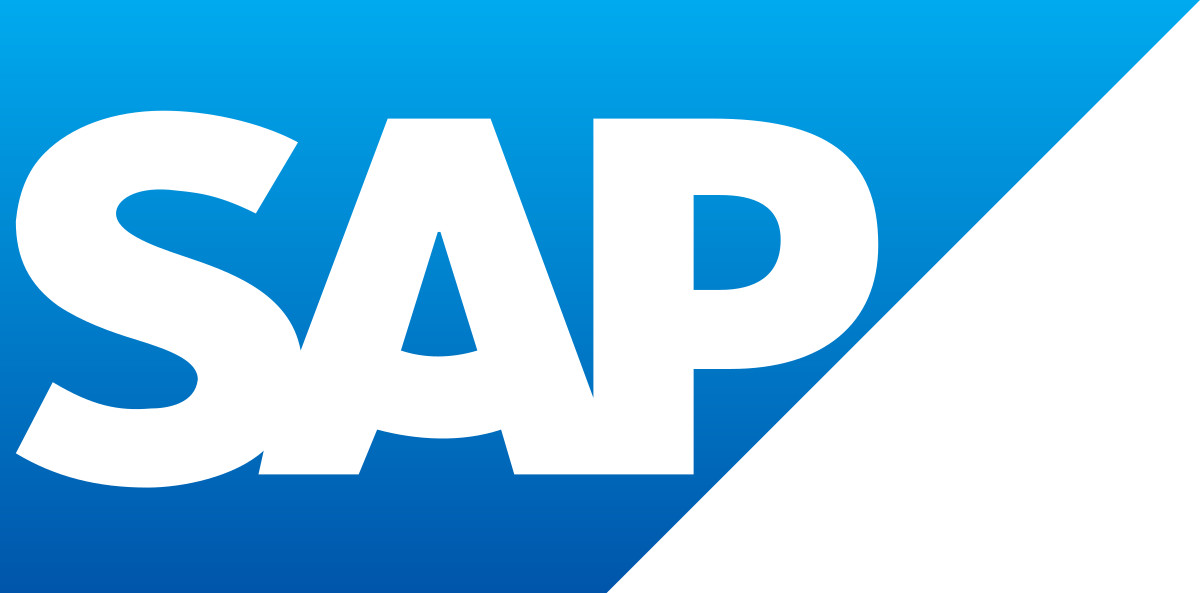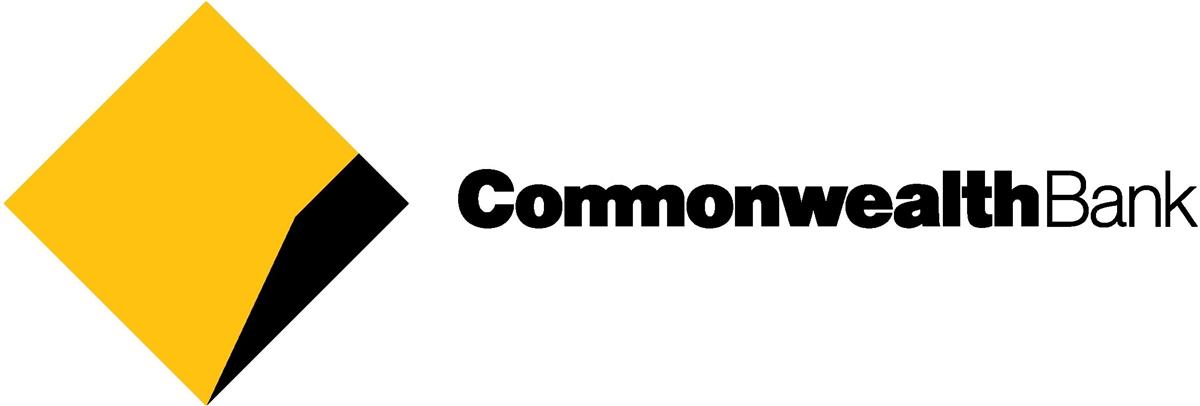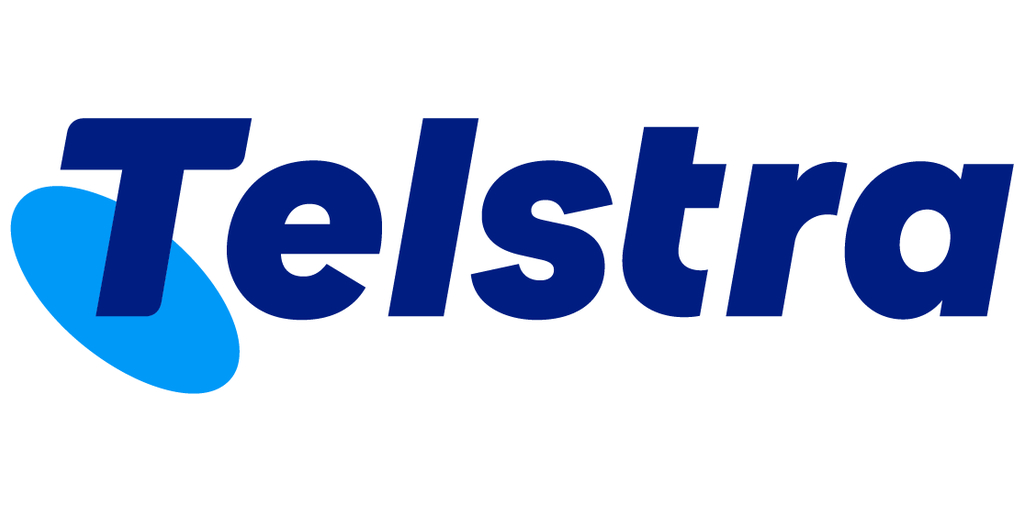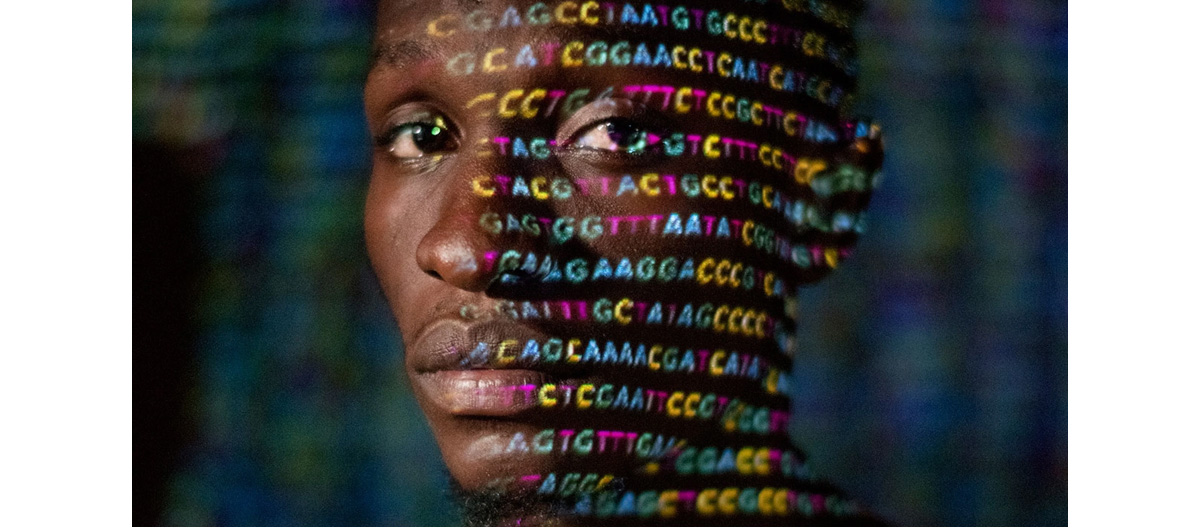Opportunities for 2024-25 with the UW Community Engagement and Leadership Education (CELE) Center
America Reads Work Study Tutors: UW students tutor weekly for the school year at target schools in Seattle. Tutors focus on reading skills with elementary school students and build strong relationships with youth by making a commitment to their tutoring site for two consecutive quarters during the academic year (Fall or Winter quarter start). Tutors support the Seattle Public Schools’ effort to promote educational equity for all students, with a focus on under-resourced schools. Tutors must be work-study eligible. Accepting applications for the 2024-25 academic year.
College and Career Readiness Assistants (CCRA): The UW Dream Project is hiring undergrads to serve as CCRA interns at local high schools and middle schools for the 2024-25 school year. CCRA interns will work directly with middle and/or high school students to support post-secondary preparation & planning including but not limited to working with students on: college applications, financial aid, scholarship searching, and career exploration. This is an academic year long paid internship through federal work-study. CCRAs work at their school placement site for 10 hours/week, attend bi-weekly professional development sessions, and meet with a graduate mentor. Accepting applications for the 2024-25 academic year. First round applications will be reviewed after June 7.
Jumpstart Team Leaders and Corps Members: Currently hiring several leadership positions to help us in our mission to prepare preschoolers for kindergarten during the 2024-25 academic year. Members have the opportunity to inspire young children to learn, serve in a local community, collaborate with others on a team, and build professional skills. All members receive high quality training to help them implement Jumpstart’s outcome-based program, promote children’s school success, and build family engagement. Open until filled.
Neah Bay Telling Our Stories, Imagining Our Futures: Through this year-long program, UW undergraduates work with Neah Bay Elementary School students in the Makah Indian Nation where they explore pathways to higher education and career paths where they can live, lead and thrive in Neah Bay after graduation. Accepting applications for the 2024-25 academic year.
CELE K-12 Tutors & Mentors for Autumn 2024: Passionate about educational equity and interested in gaining experience working with K-12 students from diverse backgrounds? Tutoring and mentoring are rewarding experiences and a great way to engage with the local community. Enroll in EDUC 260 and 401 in Aut23 to learn about K-12 educational equity issues while tutoring in a K-12 Seattle Public School classroom or mentoring high school students in post-secondary planning.
LEAD 100 for Autumn 2024: Are you looking for a unique course to help you develop your own leadership potential and make a positive difference in your communities? Through exploring contemporary leadership theories with a critical lens and engaging in activities to translate theory into practice, LEAD 100 (Learning Leadership in Theory and Practice) aims to give students the knowledge and tools to practice authentic and socially responsible leadership. This course is designed as the first of three required courses for the Minor in Leadership. Offered M&W 3:30-5:20 p.m. SLN: 17860
NextGen Civic Leader Corps: NextGen is a growing community that aims to spark, hone and recognize a deeper commitment to public and community service for undergrads. This is a great opportunity to meet other Huskies as well as students across the country who are interested in public service as well as explore government, non-profit and social venture careers. Students can learn about NextGen events as well as join the community by filling out our Interest Form. Open to all.
 Need Composition or Writing credit in Spring 2024? Check out these Program for Writing Across Campus (PWAC) courses that are still open. PWAC offers small discipline-linked courses that offer students lots of instructor contact and intensive support for writing in progress.
Need Composition or Writing credit in Spring 2024? Check out these Program for Writing Across Campus (PWAC) courses that are still open. PWAC offers small discipline-linked courses that offer students lots of instructor contact and intensive support for writing in progress.



 Target audience: Engineering or physical science students. Students interested in working in medical ultrasound industry in the Seattle area or elsewhere or currently performing research that could utilize ultrasound during their graduate studies.
Target audience: Engineering or physical science students. Students interested in working in medical ultrasound industry in the Seattle area or elsewhere or currently performing research that could utilize ultrasound during their graduate studies.









